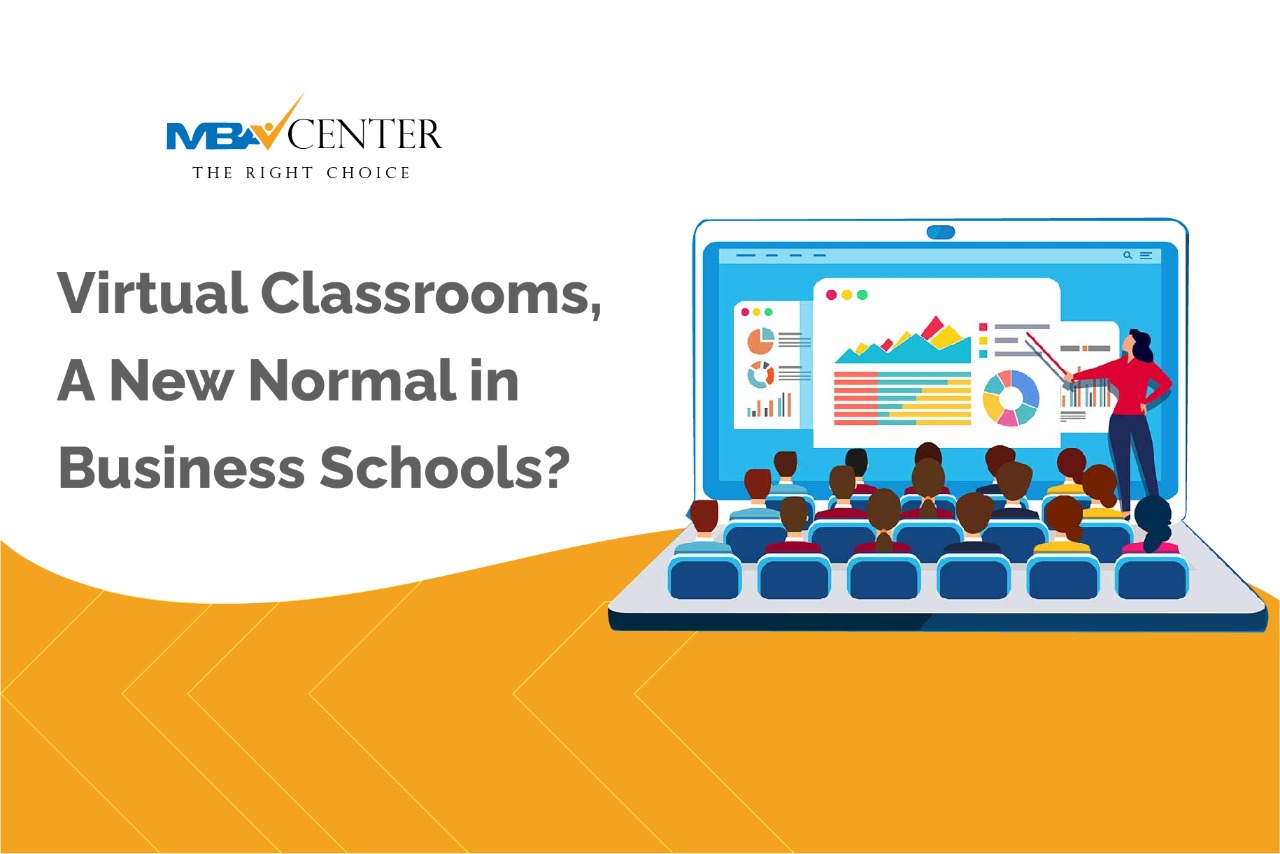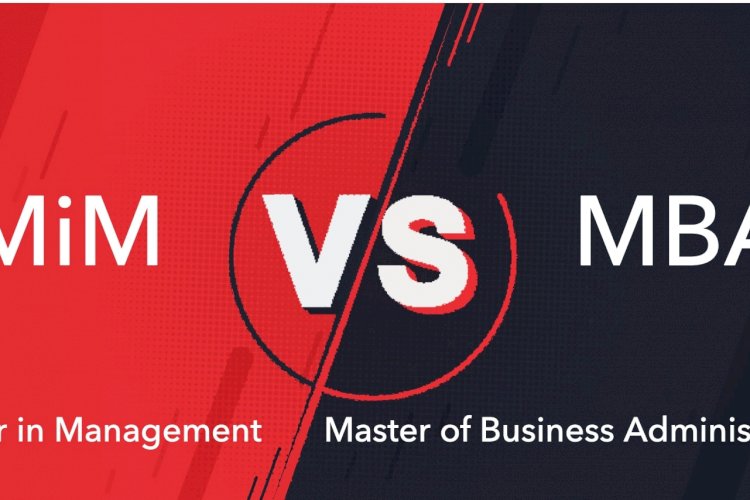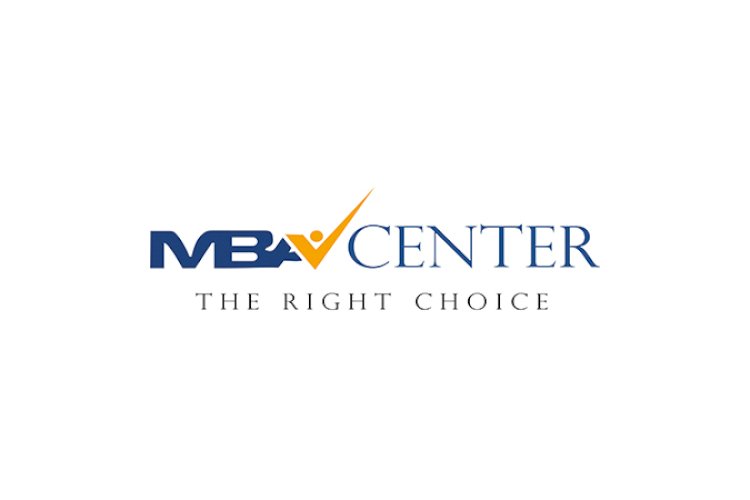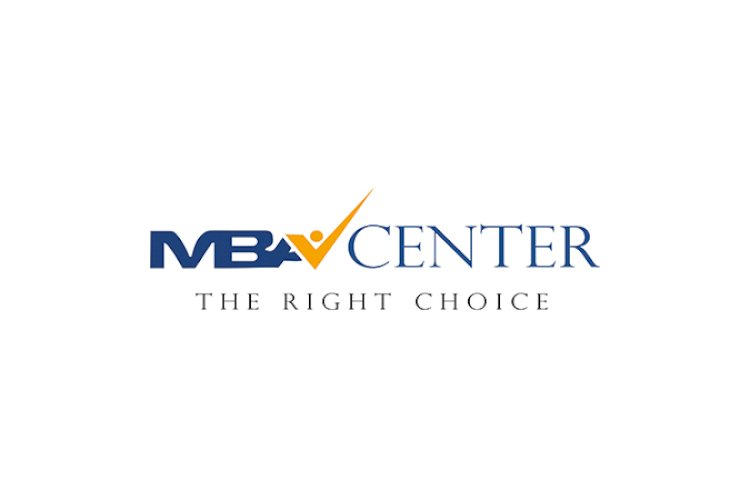
Traditional educational methods are being transformed by innovative technology. Advances in digital media, communication, and bandwidth can now deliver learning for a fraction of the previous cost. Students can use the internet to access text, audio, video, interactive, and collaborative resources. Virtual classrooms allow teachers and students from all over the world to connect in real-time, rendering traditional colleges and their high overhead obsolete.
Well, according to a study, virtual classes are currently being used by three-quarters of business school leaders (75%). Following a year in which the Covid-19 outbreak and accompanying limitations prompted business schools to increase their investments in tech, 84% of respondents to this survey said they want their business school to keep the new technology that has been implemented.
The Benefits of Virtual Class in Business Schools
Digital learning, according to business school administrators, has several advantages. Reduced student travel was mentioned by 74% of respondents, while another 66% cited the opportunity to record sessions.
Another significant benefit was the possibility of international collaboration. One advantage of simultaneous online teaching, according to respondents, is the ability to collaborate more efficiently with foreign groups. Business school executives welcomed this synchronous approach to digital learning in general. 61% of respondents thought synchronous digital education was on par with, slightly better than, or significantly better than traditional in-classroom instruction. On the other hand, a handful of them thought the same thing about asynchronous education, which does not occur in real-time.
Flexibility and Convenience with Low Cost
The most significant advantage of online education over traditional education is its low cost. Online education does not necessitate the infrastructure that makes formal education so costly. Virtual classes provide unrivalled flexibility and convenience. A virtual classroom can be accessed from any location with an online connection, including the student's home, office, internet café, or any other place with an internet connection. In terms of travel, there is no time or cost involved.
A modern perspective of why virtual learning works
MBAs offered online and blended provide you with a lot more freedom regarding how, when, and where you study. It means you can schedule the course around your work and personal obligations, and you may profit from instantly applying what you've learned in the workplace. Furthermore, many MBA students receive promotions while enrolled in the program, so they can advance in their job even before graduating.
In Conclusion
The future of education appears to be promising. Virtualization will reduce costs to a fraction of what they are now. The teaching profession will become more meritocratic. Good teachers will be treated like celebrities, with a large following and a large sum of money. In contrast, it will be far more difficult for the less-than-ideal professors.
Overall, the virtualization of education will be a boon to the millions of people who cannot purchase or access traditional education due to financial or geographic constraints.
Also read: Self-evaluation for business development
 MBA Center Global
MBA Center Global 























